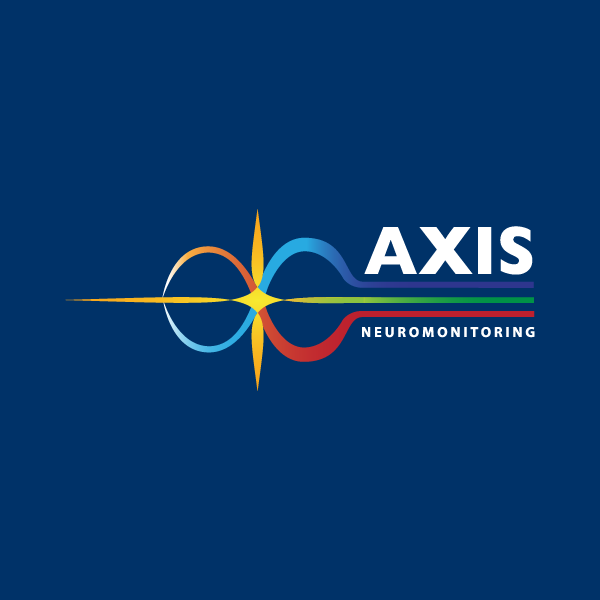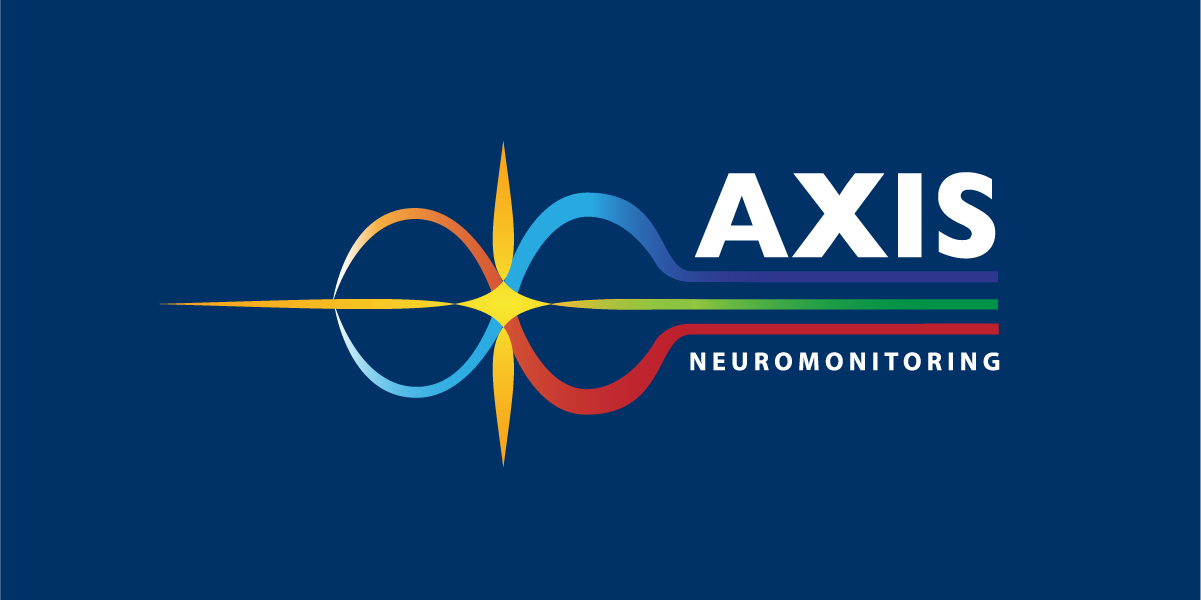Cortical Mapping During Epilepsy Surgery
By Admin | November 05, 2023
Epilepsy, a neurological disorder characterized by recurring seizures, can cast a dark shadow on a person's life. For those who haven’t found relief through anti-epileptic medications, epilepsy surgery holds promise for transforming their quality of life. Neuromonitoring, with its cutting-edge techniques like cortical mapping, plays a pivotal role in ensuring successful outcomes.
“By identifying and preserving healthy brain tissue while removing seizure foci, neuromonitoring maximizes the benefits of epilepsy surgery while minimizing potential postoperative challenges,” said Kathryn Overzet Jaquez, VP of Clinical Development at Axis Neuromonitoring in Richardson, TX.
Imagine a 28-year-old female patient diagnosed with localization-related symptomatic epilepsy. Despite trying four anti-epileptic medications, she continued to endure 1-2 seizures every three weeks. Alongside her epilepsy, she copes with daily bifrontal headaches and mild hand tremors in both hands. For her, epilepsy surgery is more than just a procedure; it represents a lifeline for reclaiming her life.
During surgery, her medical team embraced neuromonitoring techniques and were therefore able to comprehensively assess critical brain functions. Sensory function was carefully monitored through somatosensory evoked potentials (SSEPs), while motor function was evaluated using motor evoked potentials (MEPs) and electromyography (EMG). To ensure visual pathway integrity, visual evoked potentials (VEPs) were also employed. The team integrated the power of electrocorticography (ECoG) to monitor seizure activity, and cortical mapping was used to identify vital cortical tissue functions.
Throughout the procedure, the team was pleased to find that all neuromonitoring modalities consistently remained stable, reflecting the patient's baseline recordings. The incorporation of SSEPs, MEPs, VEPs, ECoG, and cortical mapping collectively empowered the surgical team with invaluable insights and confidence.
Thanks to the transformative role of neuromonitoring, the surgical team deftly navigated the patient's brain. By leveraging direct stimulation, they identified the epileptogenic focus while safeguarding healthy sensory and motor tissue. This precision-based approach allowed them to remove only the affected brain tissue, effectively relieving the patient's symptoms while mitigating the risk of postoperative deficits.
In the wake of the successful resection, the neurologist witnessed the disappearance of epileptiform activity in the patient's brain. Furthermore, direct cortical motor and sensory recordings remained unwavering, preserving the patient's essential brain functions.
Without the remarkable benefits of neuromonitoring, the surgical team would have lacked the insights into the patient’s sensory and motor functions, hindering their ability to ensure a precise and effective resection. Such an omission could have led to unnecessary removal of healthy brain tissue, potentially resulting in a higher risk of postoperative challenges and limiting the full potential of the epilepsy surgery.
Epilepsy surgery is a beacon of hope for patients like this 28-year-old woman who seek relief from recurring seizures. The transformative power of neuromonitoring, with its focus on SSEPs, MEPs, VEPs, ECoG, and cortical mapping, plays a pivotal role in maximizing the benefits of these life-changing surgeries. By empowering surgical precision and safeguarding vital brain functions, neuromonitoring allows for a future free from seizures and does so for many other patients like this one.
Axis Neuromonitoring stands committed to providing high-quality intraoperative neurophysiological monitoring (IONM), unlocking the full potential of epilepsy surgery for patients seeking life-changing results. For more information on the transformative benefits of neuromonitoring and its impact on surgical outcomes, please contact us at 888-344-2947.



